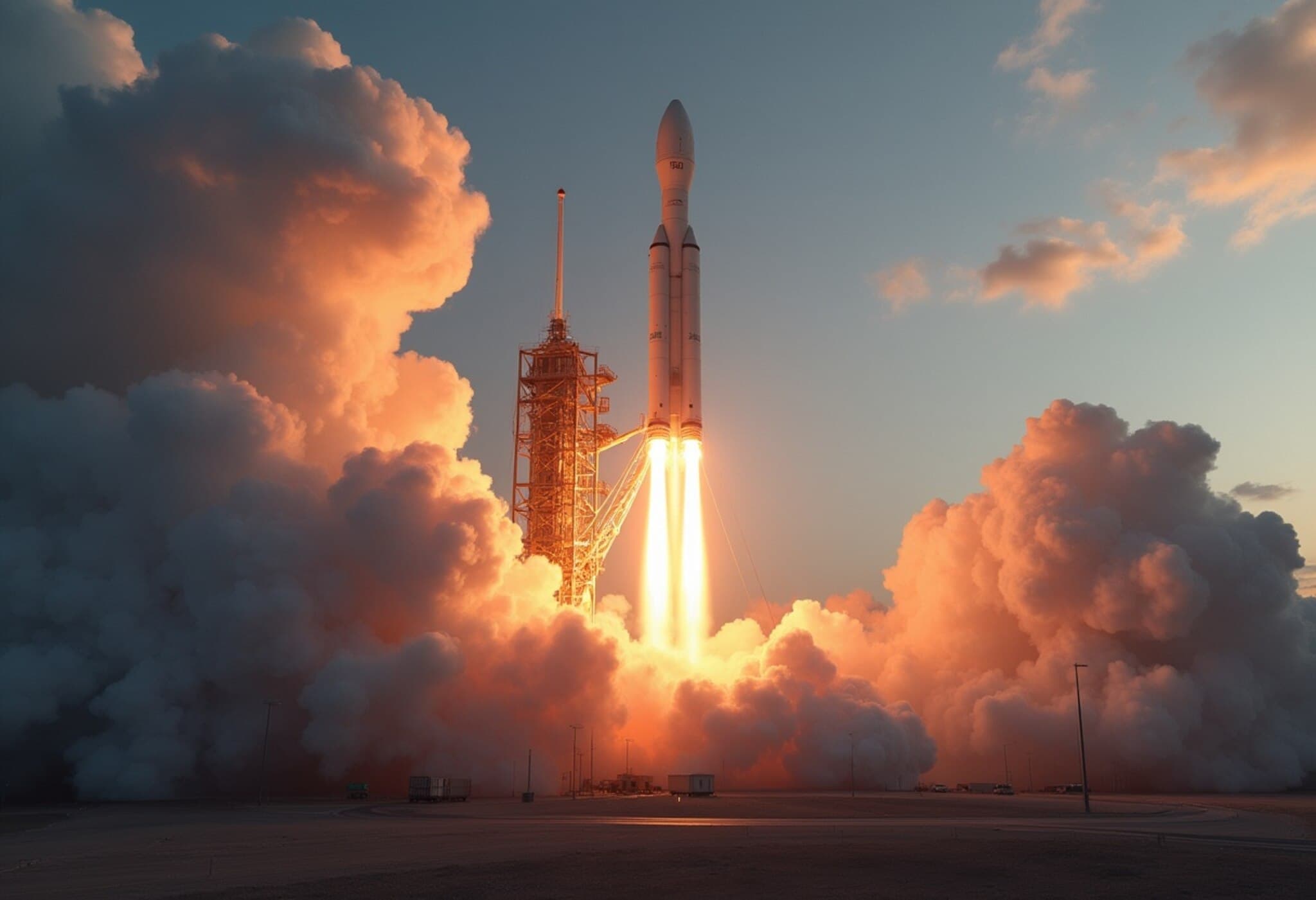SpaceX and Italy's Bold Leap Towards Mars Exploration
In a move that signals the dawn of a new era in space travel, Italy's Agenzia Spaziale Italiana (ASI) has become the first government agency to officially book scientific payloads on SpaceX's upcoming commercial Mars missions. Announcing triumphantly on social media that "Italy is going to Mars!", ASI's commitment highlights a growing international enthusiasm for interplanetary exploration beyond government-run efforts.
The Italian payloads include an array of innovative experiments, such as plant growth studies, a weather monitoring station, and a radiation sensor—all geared to deepen understanding of the Martian environment. These efforts neatly align with Italy’s robust investment in European space initiatives, including its significant financial stake in the European Space Agency and involvement in lunar programs under the Artemis Accords.
SpaceX’s Mars Ambitions: A Mixture of Vision and Hard Reality
SpaceX, led by visionary entrepreneur Elon Musk, has long positioned itself as a disruptor in the aerospace sector, pushing the boundaries of reusable rocketry and commercial spaceflight. Offering "Starship" launch services to Mars underscores Musk’s persistent dream of colonizing the red planet, a goal that has captivated public imagination and policymakers alike.
However, the road to Mars is fraught with technical hurdles. The Starship rocket—the linchpin of Musk's Mars plans—has faced a series of high-profile test failures this year, including explosive incidents during refueling tests. Musk himself recently tempered expectations for a crewed Mars flight, pushing the earliest possibility to late 2026 but emphasizing that significant challenges remain. More realistically, an uncrewed mission could happen within roughly three and a half years, with a sustained human presence on Mars projected decades into the future.
Expert Insights: Navigating the Legal and Technological Frontier
From a legal standpoint, the prospect of sending scientific payloads and eventually humans to Mars triggers complex questions about international space law. The Outer Space Treaty and subsequent frameworks provide guidelines, but as private entities like SpaceX expand their reach beyond Earth, policymakers must grapple with governance, property rights, and planetary protection protocols to ensure peaceful and ethical exploration.
Technologically, the significant investments by European nations and private firms illustrate a broader shift towards public-private partnerships in space exploration. Italy's collaboration with Thales Alenia Space on lunar outposts and its leadership role in the ExoMars mission highlight the strategic importance of European capabilities complementing American commercial ventures.
Underreported Dimensions: The Strategic Implications for the U.S. and Global Space Economy
- U.S. Policy and Commercial Space Race: SpaceX’s Mars initiatives unfold amidst evolving U.S. space policies that juggle support for both government-led NASA programs and the private sector’s ambitions.
- Economic Demand for Space Access: With global launch capacity stretched thin, the push to commercialize deep-space travel not only targets scientific discovery but also the lucrative future market for space-based industries.
- International Competition and Cooperation: Italy’s early agreement with SpaceX reflects a delicate balance of competition and collaboration among spacefaring nations navigating uncharted extraterrestrial territories.
Looking Ahead: Upcoming Launches and Industry Movements
The coming weeks are busy for the space sector, with multiple SpaceX Falcon 9 launches scheduled to deploy Starlink satellites from Florida and California, underscoring the increasing demand for global connectivity. Meanwhile, other players are advancing cutting-edge capabilities: Europe’s Ariane 6 rocket recently carried a climate-monitoring satellite, and China unveiled its first rocket recovery ship to boost reusable launch vehicle operations.
Industry Watch
- Space Insurance Returns: Following previous financial losses, insurers are cautiously reinvesting in space missions, reflecting growing confidence in the sector’s maturation.
- Data Centers Eye Orbit: Tech giants consider orbital and lunar-based data servers to mitigate climate risks, illustrating how space infrastructure may become integral to Earth-based economies.
- Military Innovations: The U.S. is advancing new rocket artillery systems with enhanced mobility and rapid firing capabilities, highlighting the intersection of space technology and defense.
Editor’s Note
The collaboration between Italy's ASI and SpaceX exemplifies the evolving landscape where nation-states and private companies jointly push humanity’s boundaries. While ambitions to reach Mars captivate imaginations, tangible progress hinges on overcoming monumental technical, legal, and financial challenges. This story invites readers to reflect: How will governance frameworks adapt to expanding human activity beyond Earth? Can commercial ventures responsibly shape the future of interplanetary exploration? As the countdown unfolds, the stakes for science, policy, and civilization grow ever higher.
















